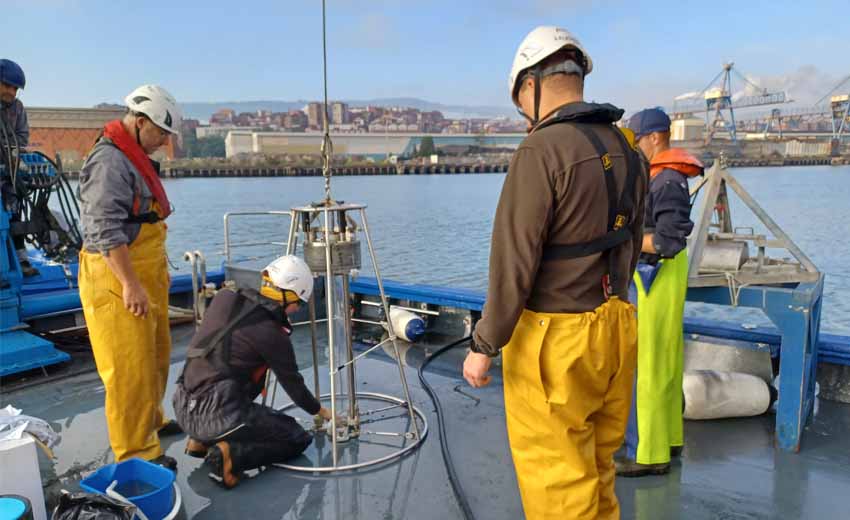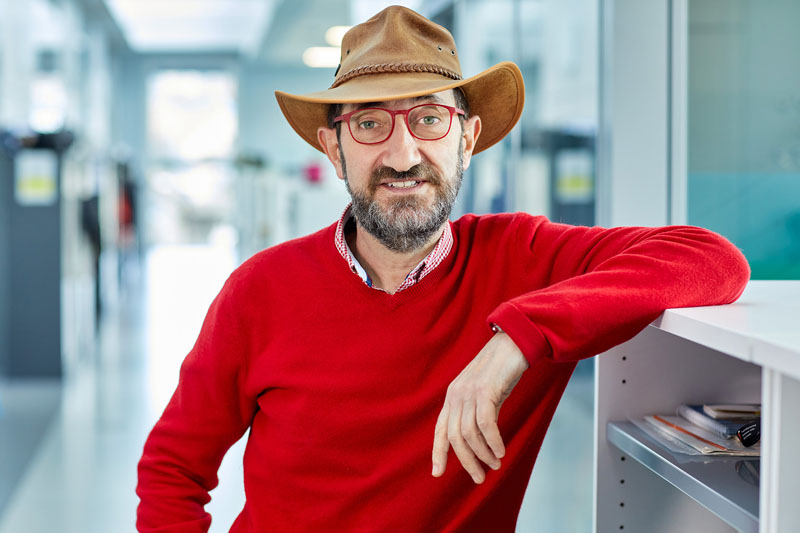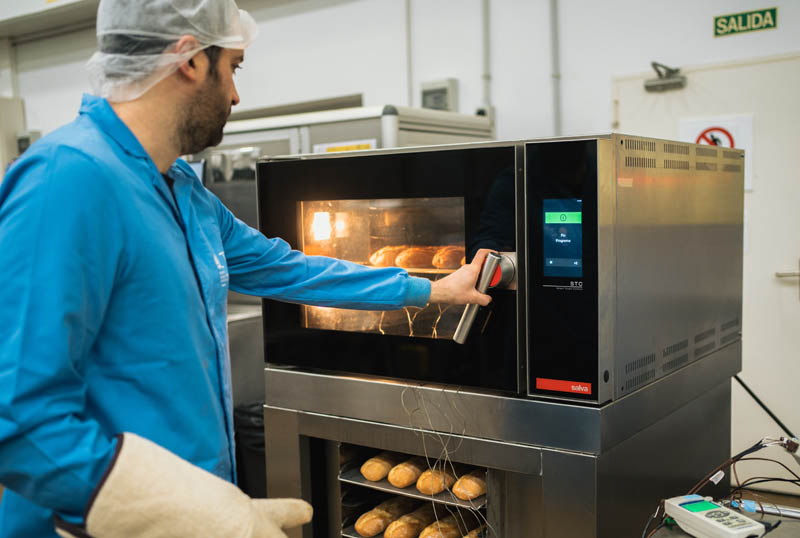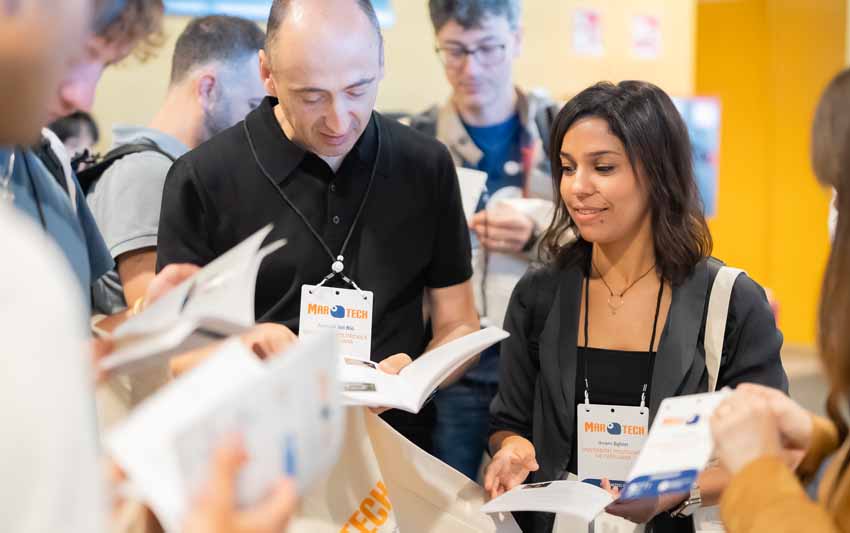Groundbreaking European environmental DNA research reveals past and present secrets of our coasts
Últimas noticias
AZTI Researcher Ángel Borja Receives Prestigious Odum Award for International Scientific Career
Una mirada LGTBIQ+ al reino animal
Circular Economy in Action: Valorisation of By-products through Projects like PRIMA NEWFEED
- Researchers from the AZTI and IFREMER technology centres are today sampling the Bilbao estuary to collect sediments that are a record of the geological and biological evolution of the area over the last two centuries.
- Analysis of the DNA extracted from the paleosediments will provide information about the past state of the ecosystem and how it has changed over time. This will provide an insight into the impact of human activity on marine life in the area from pre-industrial times to the present day.
- The sampling work is part of the TREC campaign, which is dedicated to sampling the entire European coast, and also part of the BIOcean5D project, co-funded by the EU.
Bilbao, 5 October 2023 – The AZTI Technology Centre and the French Research Institute for the Exploration of the Sea (IFREMER) will participate on 5 October in a paleo-sediment sampling campaign in the Bilbao estuary to analyse the current state of the ecosystem and changes in marine biodiversity from pre-industrial times to the present day.
The study is part of the European BIOcean5D initiative, which brings together the continent’s leading centres for molecular and cell biology, marine biology and sequencing to develop a unique set of technologies, protocols and models for the holistic study of marine biodiversity and coastal ecosystems. Information ranging from knowledge of viruses to marine mammals will be obtained to diagnose the current state and better understand the historical impact of human activities on Europe’s coasts.
In the Basque part of the expedition, researchers from AZTI and IFREMER will explore the Bilbao estuary on board the EIkocean ship to collect sediment cores.
Índice de contenidos
Environmental DNA to understand the impact of human activity
“The analysis of ancient environmental DNA in palaeo-sediments provides valuable information about the environmental and geological history of the region, as well as the organisms that lived in the sea at different times. A tube-like tool called a corer will be used to take sediment samples from the seafloor and then examine the chemical, biological and geological components of each layer. This type of analysis will be carried out at 15 other sites in 10 European countries,” explains Naiara Rodríguez-Ezpeleta, a researcher at AZTI.
Researchers from the BIOcean5D project will also collect water samples from the water column in the Bilbao estuary and Urdaibai between 5 and 10 October aboard the Tara Ocean Foundation ship.
“By analysing environmental DNA in a few litres of water, it is possible to determine the abundance and distribution of fish species or other organisms of interest. This technology consists of sequencing traces of DNA in the form of cells, tissues or mucous membranes to identify large organisms that inhabit a body of water without the need to see them,” says the AZTI expert.
The samples collected during this expedition, along the Basque coast and throughout Europe, will be analysed by the research centres of the BIOcean5D Consortium, which will allow progress to be made in our knowledge of ecosystems. Specifically, AZTI will lead the analysis of the environmental DNA of water samples and paleo-sediments collected along the European coasts, in order to characterise the species of fish, elasmobranchs (sharks and rays), mammals and birds that inhabit the marine environment.

European initiative
The BIOcean5D project, co-funded by the European Union, brings together 31 partners from 11 countries to develop standardised methods for monitoring and modelling the marine environment in its 5 dimensions (space, time and anthropogenic pressures) in order to better understand ecosystems and their services in the current context.
The knowledge generated by BIOcean5D will also feed into the Transecting European Coasts (TREC) scientific campaign, which will collect data along the entire European coastline from April 2023. In total, it will cover 22 countries with 46 stations and 120 sampling points. The hosting of TREC at the different stations is coordinated by members of the European Research Infrastructure EMBRC-ERIC, with the Plentzia Marine Station (PiE-UPV/EHU) coordinating the Bilbao and Urdaibai stations.







